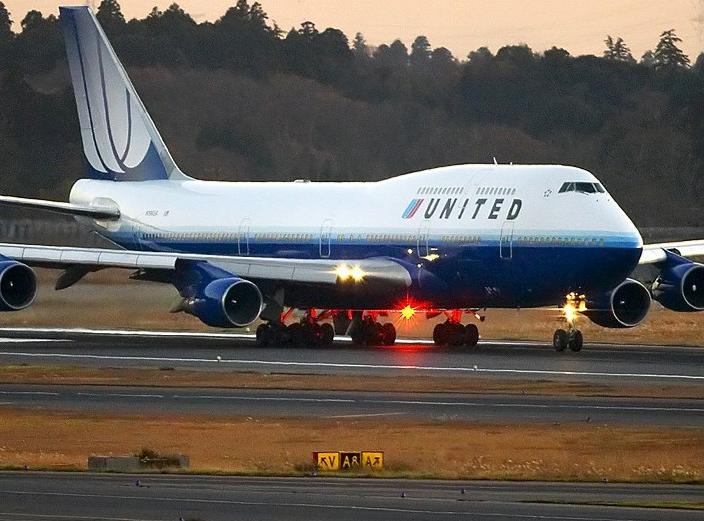Many travelers are currently upset about the invasive nature of airport security checks. But is it really as bad as people are making it out to be?
Many airports now use walk-through 3D X-ray machines, which detect anything dense on or inside a person, or in their clothes. Some fliers detest the idea that this machine can "see through their clothes," giving the TSA screener a quick look at the vague shape or outline of a flier's genitals, as pictured.
This is not the only option, however. Fliers who don't want to do this have the choice to be checked the old-fashioned way-- patted down and scanned with a metal detector instead. However, they contend that this method is invasive even still:
“Am I really supposed to let a total stranger rub my private parts because I bought an airplane ticket?” said Miller, who runs the jewelry and fashion website, ILoveAccessories.com. “Would you allow your daughter to be patted down by a stranger and not feel like punching the person that did it? It leaves scars... just like a rape leaves scars." -msnbc.com
I have a problem with these protests. People are forgetting that this is done for our own security. If this was used right after 9/11, I bet there would be little to no protests; now that fear has mostly subsided, people seem to be upset. Personally, I don't care if a TSA agent, whom I most likely will never see again in my life, sees my x-ray for a few seconds, out of hundreds of other people that day. The images aren't (supposed to be) stored-- some images were leaked from one airport, which should never have happened, but in all other airports, the images are deleted right after the person is cleared to enter the terminal. I don't feel the invasion of privacy is that bad if it's for my own safety.
I also have a problem with the quote above: getting patted down is
not getting raped. That statement alone is offensive-- not only to me, but I'm sure rape victims wouldn't be happy to have people who were patted down try to sympathize with them. These are two very different things and this person shouldn't have even thought of saying that. What other people who can phrase better are saying is that the pat-downs are too "aggressive," saying that they feel slightly violated afterward. I take issue with this, as TSA personnel should be regularly checked by other TSA workers or bosses to ensure they're patting down in a professional (and legal) manner. Any messing around on the TSA's part in this situation would be hugely disgusting and means for legal action.
However, a metal detector alone would not ensure safety on a plane by any means. Some chemical solutions with little metal can be used to rapidly heat something, and other solutions or materials can be used as fuel. Also different types of materials, such as glass, wood, and different plastics, can be used as weaponry that will not be detected by a metal detector alone. Patting down is necessary if one chooses not to be X-rayed, but it should be done respectfully and reasonably.
Even with patting down, however, a non-metal item could be smuggled onto a plane. In bodily orifices, a wooden, glass, or plastic knife or nail could easily be smuggled. A pat-down and metal detector would not find this, but a 3D X-ray machine would detect all 3,
even glass even though it's clear, since the X-ray detects by densities.
An argument is that fliers pay to travel, so they shouldn't have to have their privacy violated. But this argument only takes the flier's self into account-- it neglects the fact that by paying for your plane ticket, you're paying for peace of mind that everyone on the plane will be checked, including you. I'd be a lot more comfortable knowing that everyone was checked the same, thorough way that I was.
In short, I'd rather have everyone get over their small momentary violation of privacy than have a plane crash.





















